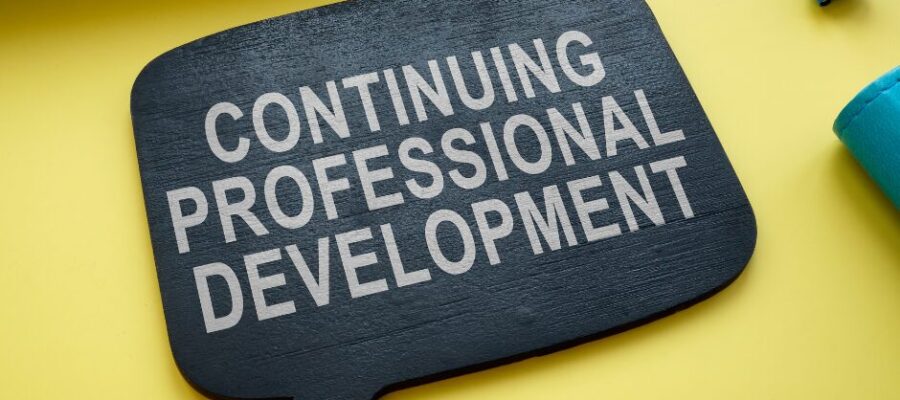A Decade of Insights: Continuous Learning and Improvement in Investigations

As we have stepped into 2025, we thought we would reflect on the journey of investigative work, our commitment to learning, and the need for all investigators to adapt and refine their investigative practices.
Whether investigating allegations of workplace misconduct or regulatory complaints, the principles of fairness, thoroughness, and attention to detail apply universally. This article brings together the journey of learning from the past decade, offering insights that elevate investigative practices across both investigative sectors. We invite you to go to our blog “Insights” on our website, and explore the many articles available.
2015-2017: Building a Strong Foundation
The early years focused on establishing key principles that underpin effective investigations.
In 2015, our article “Writing a Solid Investigative Report” laid the groundwork for clear and objective communication. For workplace investigators, this meant crafting reports that fairly captured sensitive interpersonal dynamics. For regulatory investigators, it emphasized documenting technical findings in a manner that could stand up to scrutiny.
By 2017, the importance of fairness came into sharper focus. In “The Importance of an ‘Open Mind’ – Fairness in Investigations,” we explored how procedural fairness is a cornerstone of any investigation. A landmark federal court decision illustrated how premature conclusions could undermine the integrity of investigations—whether in a workplace dispute or a regulatory compliance matter.
2018-2022: Refining Practices and Adapting to Complexity
This period was marked by a deeper dive into the nuances of investigative work, emphasizing preparation, bias mitigation, and empathy.
In 2018, “The Power of Preparation in Interviews” underscored the critical role of planning. For workplace investigators, preparation involved managing emotions and setting a tone that encouraged trust. For regulatory investigators, it meant understanding professional standards and technical nuances to ask the right questions.
In 2019, “Bias in Investigations: How to Recognize and Mitigate It” addressed a common challenge for all investigators. Recognizing unconscious bias is essential—whether interviewing a CEO in a workplace matter or assessing a regulated professional’s compliance with standards. Practical tools for self-awareness and accountability helped investigators across fields maintain objectivity.
The COVID-19 pandemic brought new challenges in 2020. Our article “Conducting Investigations in a Virtual World” highlighted the need to adapt to remote tools while maintaining confidentiality and rapport. These lessons were vital for both workplace investigators navigating interpersonal dynamics and regulatory investigators handling sensitive compliance cases.
In 2021, we focused on the human side of investigations with “The Value of Empathy in Regulatory Investigations.” Empathy isn’t just about compassion; it’s about understanding the context of those involved, ensuring that complainants, respondents, and witnesses feel heard—whether in the workplace or a regulated profession.
2023-2024: Elevating Standards with Attention to Detail
Recent years have reinforced the importance of detail-oriented work and staying ahead of trends.
In 2023, “The True Cost of a Botched Investigation” brought attention to the real-world consequences of inadequate investigations. The lessons resonated across both fields: workplace investigators risk damaging organizational trust, while regulatory investigators face potential public backlash and legal liabilities. The article served as a call to action to uphold the highest standards of thoroughness and accuracy.
This theme carried into 2024 with “Details Matter – Why Details are Critical to a Good Investigation.” Attention to detail is the common thread that connects success in both workplace and regulatory investigations. For workplace investigators, this might mean capturing subtle body language cues during interviews. For regulatory investigators, it involves analyzing complex compliance records to uncover inconsistencies. In both settings, the smallest overlooked detail can change the trajectory of an entire investigation.
In addition, “The Top 10 Emerging Trends in Investigative Practices” highlighted advancements like artificial intelligence, data privacy enhancements, and adapting investigations to hybrid workplaces. These trends illustrated how innovation complements foundational practices, helping investigators in both fields navigate an increasingly complex landscape.
Cross-Learning: Bridging Workplace and Regulatory Investigations
One of the greatest opportunities for investigators lies in cross-disciplinary learning. Regulatory investigations bring a structured, procedural rigor that workplace investigators can learn from, ensuring consistency and defensibility in outcomes. Conversely, workplace investigations often demand empathetic approaches and nuanced conflict resolution skills that regulatory investigators can adopt to enhance interview dynamics and trust-building.
By embracing these shared strengths, investigators can foster greater adaptability and creativity, elevating the quality of their work regardless of the setting.
2025 and Beyond: A Commitment to Continuous Improvement
As we look to the future, one truth remains: the pursuit of excellence in investigations is an ongoing journey. Whether you’re resolving workplace disputes or ensuring compliance in a regulated profession, the principles of fairness, preparation, and attention to detail transcend context.
At Benard + Associates, we remain committed to sharing what we learn, adapting to change, and improving with every investigation. For more lessons and insights to support your work, explore our full archive at www.benardinc.com/blog/.

